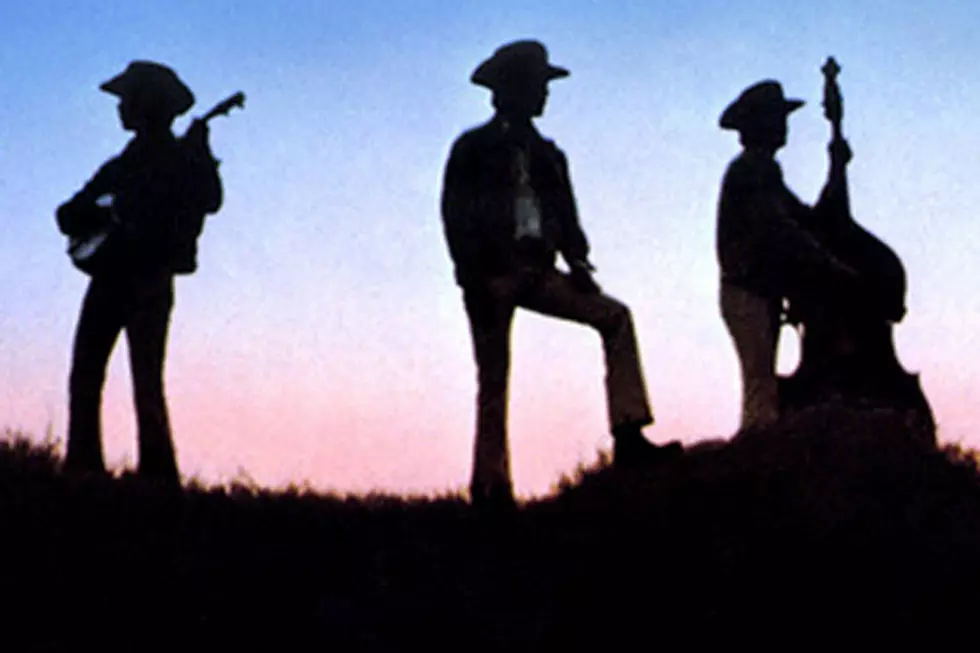
When John Fogerty Went Solo With ‘The Blue Ridge Rangers’
Freed from the confines of Creedence Clearwater Revival, which had become a stifling presence in the final years, John Fogerty took the opportunity of his debut solo album to revisit, pay tribute to and replicate the country music he occasionally played with his old band.
But instead of going about it the traditional country-music way with a bunch of musicians sitting together in a room and performing the music live as the tapes roll, Fogerty played every single instrument on The Blue Ridge Rangers himself.
Released in April 1973 and credited to the Blue Ridge Rangers – not Fogerty, who wanted to put his Creedence legacy far behind him – the album is a grab-bag of songs. Some were written by country legends like Jimmie Rodgers and Hank Williams; some are traditional numbers, adapted by Fogerty in the style of those masters.
It doesn’t always fall together. The cover of Williams’ "Jambalaya (On the Bayou)," a Top 20 hit, is fun. So is the swampy take on the traditional number "Workin’ on a Building." And the gassed-up cover of the R&B oldie "Hearts of Stone," another Top 40 single, shuffles along to a Creedence-style boogie rhythm. But several of the country classics come off uninspired and more like impressive technical exercises than genuine heartfelt songs.
Much of this has to do with Fogerty’s new solo status. Creedence’s final album, the previous year’s Mardi Gras, was a frustrating mess for everyone involved. Fogerty’s guitar-playing brother Tom had left the band the year before, and the rest of the group was barely hanging on under John’s waning leadership. Plus, Fogerty’s long-stewing battle with CCR’s record company was coming to a head.
Freed from all of this, he set out to make a record by himself and, in a way, for himself. Its sales reflected this: The Blue Ridge Rangers made it to only No. 47, partly because few fans knew it was Fogerty. (The album was later reissued with Fogerty’s name on the cover.) In 2009, Fogerty made The Blue Ridge Rangers Rides Again, a blah sequel to a record that nobody but Fogerty really seemed to care too much about.
Rock's Ugliest Band Breakups
More From Eagle 102.3










